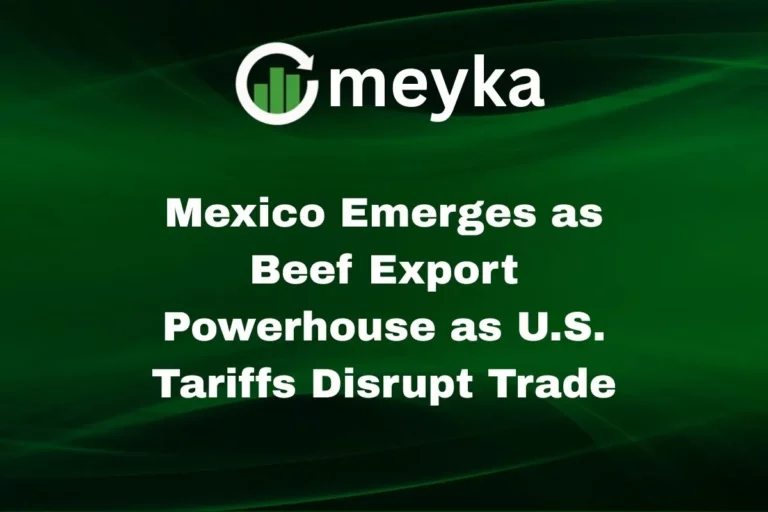Indian Tech Stocks Wipe Out $10 Billion After H-1B Visa Hike
On September 22, 2025, a significant policy shift in the United States sent shockwaves through India’s $283 billion IT sector. President Donald Trump announced a steep increase in the H-1B visa application fee to $100,000, a move that has profound implications for Indian tech companies. Historically, these firms have relied heavily on the H-1B visa program to deploy skilled professionals to the U.S., with Indian nationals comprising over 70% of H-1B recipients.
The immediate market reaction was swift and severe. Major Indian IT stocks, including Tata Consultancy Services (TCS), Infosys, Wipro, and HCL Technologies, experienced declines of up to 6%. This downturn wiped out approximately $10 billion in market value, highlighting the sector’s vulnerability to U.S. immigration policies.
We explore the reasons behind this policy change, its immediate impact on Indian tech stocks, and the broader economic implications for both India and the United States. We will also explore how Indian IT companies might navigate this new landscape and what it means for the future of global tech outsourcing.
Understanding the H-1B Visa and the Fee Hike
The H-1B visa allows U.S. employers to hire foreign workers in specialty occupations, such as IT, engineering, and healthcare. For Indian IT firms, this visa has been essential for sending employees to the U.S. to manage and execute projects. The recent fee hike to $100,000 is a significant increase from the previous cost of approximately $995. This change applies only to new applications starting from the 2026 visa lottery and does not affect current visa holders or renewals.
Immediate Impact on Indian Tech Stocks
The announcement led to a sharp decline in Indian IT stocks. The Nifty IT index fell by 3%, with major firms like TCS, Infosys, Wipro, and HCLTech experiencing notable declines. Investors expressed concerns over the increased costs associated with deploying professionals to the U.S., leading to a sell-off in tech stocks.
Why Indian IT Companies Rely on H-1B Visas
Indian IT firms have built their business models around the H-1B visa program. These companies often deploy professionals to the U.S. to work directly with clients, manage projects, and ensure quality delivery. The increased visa fees add a significant cost burden, potentially affecting project budgets and timelines.
Broader Economic Implications
The fee hike has broader implications beyond the tech industry. It may strain U.S.-India trade relations, already under pressure from tariffs and other trade issues. Additionally, the increased costs could lead to a reevaluation of outsourcing strategies, with companies considering alternative markets or increasing local hiring in the U.S.
Conclusion
The recent H-1B visa fee hike presents challenges for Indian IT companies heavily reliant on deploying professionals to the U.S. While the immediate market reaction has been negative, the long-term impact will depend on how companies adapt to the new cost structure. Diversifying business models, increasing local hiring, and exploring alternative markets may help mitigate the effects of this policy change.
Disclaimer:
This content is for informational purposes only and is not financial advice. Always conduct your research.






